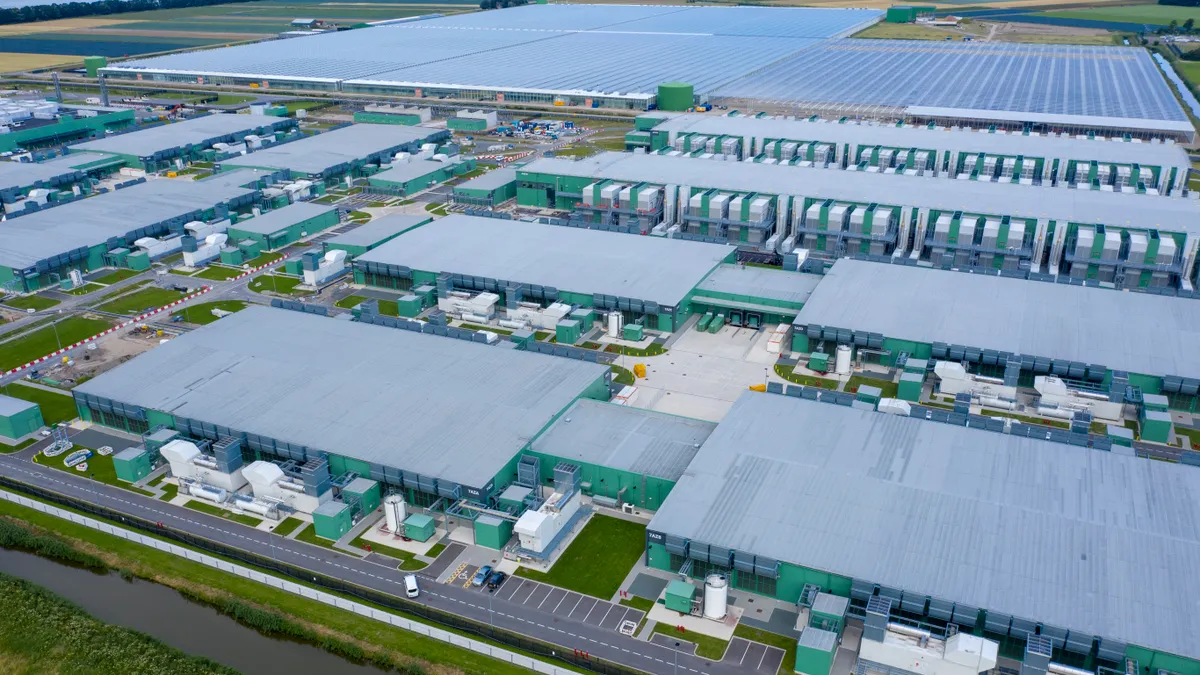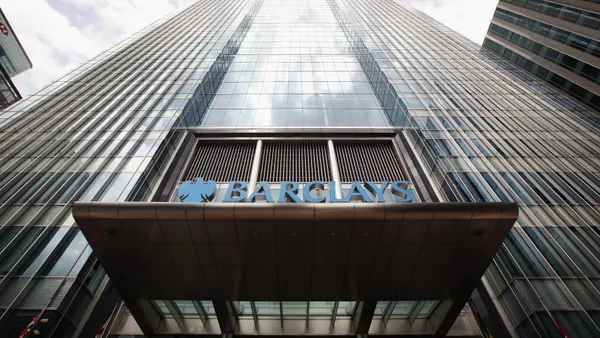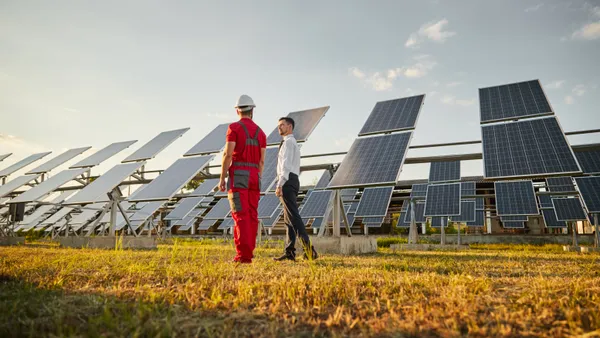Dive Brief:
- Meta finalized a 10-year agreement with forest investment and management firm EFM on Monday that will give the social media and tech giant carbon credits as EFM transitions tens of thousands of acres of forests to climate-smart management strategies, according to a March 31 press release.
- Meta will receive 676,000 nature-based carbon removal credits by 2035, and EFM will transition 68,000 acres of forests on Washington state’s Olympic Peninsula to climate-smart forestry practices, according to the release.
- The deal aims to remove over 1 million tonnes of carbon emissions from the atmosphere over the next decade, according to the release. The companies said this was “one of the first known contracts of this type,” where the credits were negotiated along with a property acquisition.
Dive Insight:
Large tech companies like Meta and Microsoft have increasingly turned to forestry-based carbon removal credits to help reach sustainability goals, including Meta’s 2030 net-zero target date. EFM said Meta’s early commitment to the project “catalyzed an innovative approach” that led to the carbon credit sale being negotiated at the same time as the property sale, rather than the credits being sold after property ownership is secured as traditionally done.
Meta Carbon Removal Lead Tracy Johns said in the release that the social media conglomerate focuses on supporting “high-impact” projects and EFM’s track record made it “an ideal partner.”
“Our commitment to this project supported EFM’s efforts to take an approach to forest management that not only drives strong climate and forestry outcomes, but also provides real value and environmental services to local communities.
The long-term contract provides a “predictable, long-term carbon revenue” for the project, which will help “derisk the transition to climate-smart management practices,” the companies said. EFM’s approach to climate-smart forest management includes extending the average time between when a tree is planted and harvested by 15-20 years; retaining 10-30% more trees on the landscape when timber is harvested; investing in forest reserves; ecosystem restoration; and community relationships.
The approach also diversifies EFM’s revenue streams to include carbon credits and conservation easements. EFM CEO Bettina von Hagen said the deal allows the firm to “significantly” increase carbon storage and manage forests to produce high-quality timber, while creating “diverse, healthy habitats for wildlife and recreation” and collaborating with local tribes to restore salmon populations. The property is located adjacent to Washington’s Olympic National Park, “in the heart of one of the best remaining strongholds for wild salmon and steelhead in the continental United States,” according to Wild Salmon Center President and CEO Guido Rahr.
“We’re deeply grateful to Meta for recognizing the critical role forests play in addressing climate challenges and for sharing our vision of high-quality carbon projects that enhance the long-term value of our forests,” von Hagen said in Monday’s release. “Together, we’re ensuring these landscapes will benefit communities, sawmills, tribes, investors, home builders, and everyone who depends on the health of commercial forests for generations to come.”
EFM transitioning the Washington peninsula forest property to a climate-focused management plan is expected to increase the property’s capacity — currently estimated to store more than 10 million tonnes of carbon dioxide — by an additional 1 million tonnes over the course of the contract. The new forest management plan is also expected to nearly double the amount of timber stocked over 15 years, and help contribute to the restoration of wild Pacific salmon.
Another tech giant, Microsoft, has also shown interest in forest-based carbon removal credits. Last month, the company signed a 30-year carbon credit purchase deal for credits created through a forest project in India. The company also signed an agroforestry purchase agreement in Kenya and inked a deal on a U.S.-based forestry project last year.











